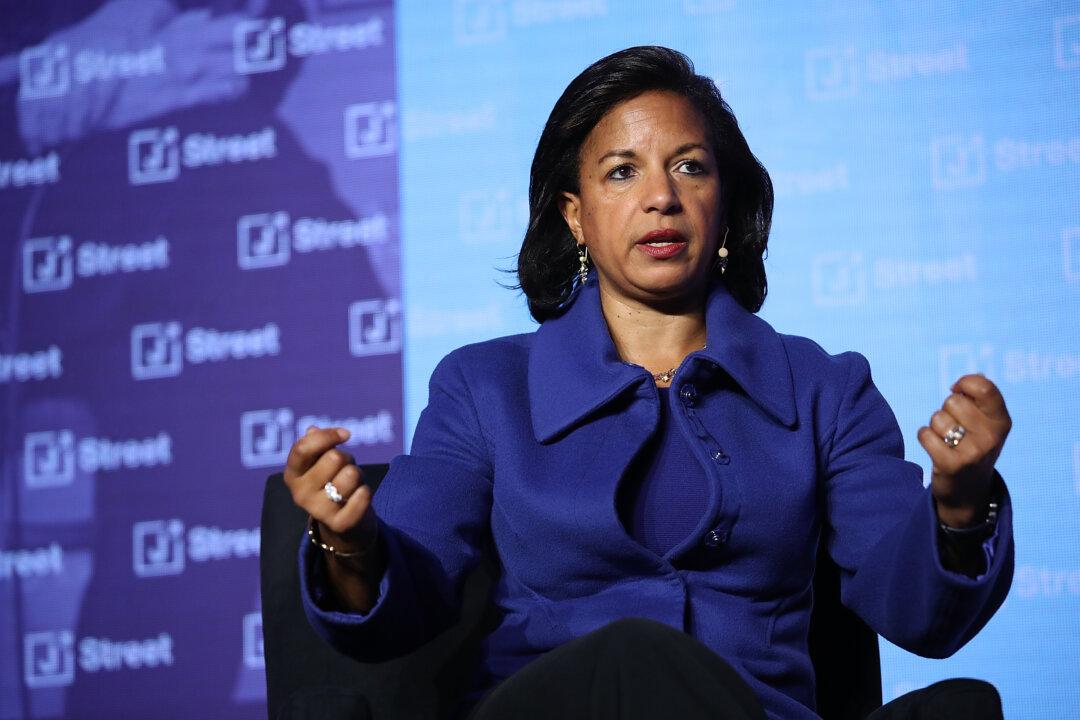Susan Rice, head of Biden’s Domestic Policy Council, said the White House has suspended its plans to create a national police oversight commission and will instead put its energy into getting police reform legislation passed.
“Based on close, respectful consultation with partners in the civil rights community, the administration made the considered judgment that a police commission, at this time, would not be the most effective way to deliver on our top priority in this area, which is to sign the George Floyd Justice in Policing Act into law,” Rice said in a statement to Politico.





